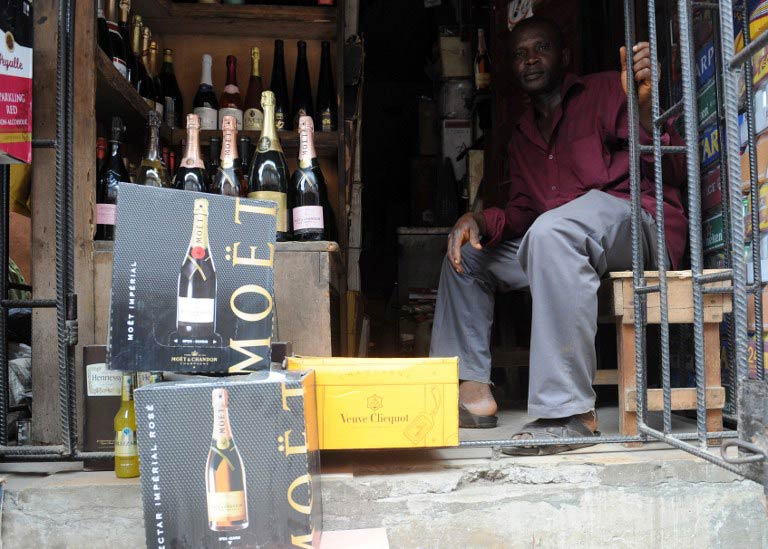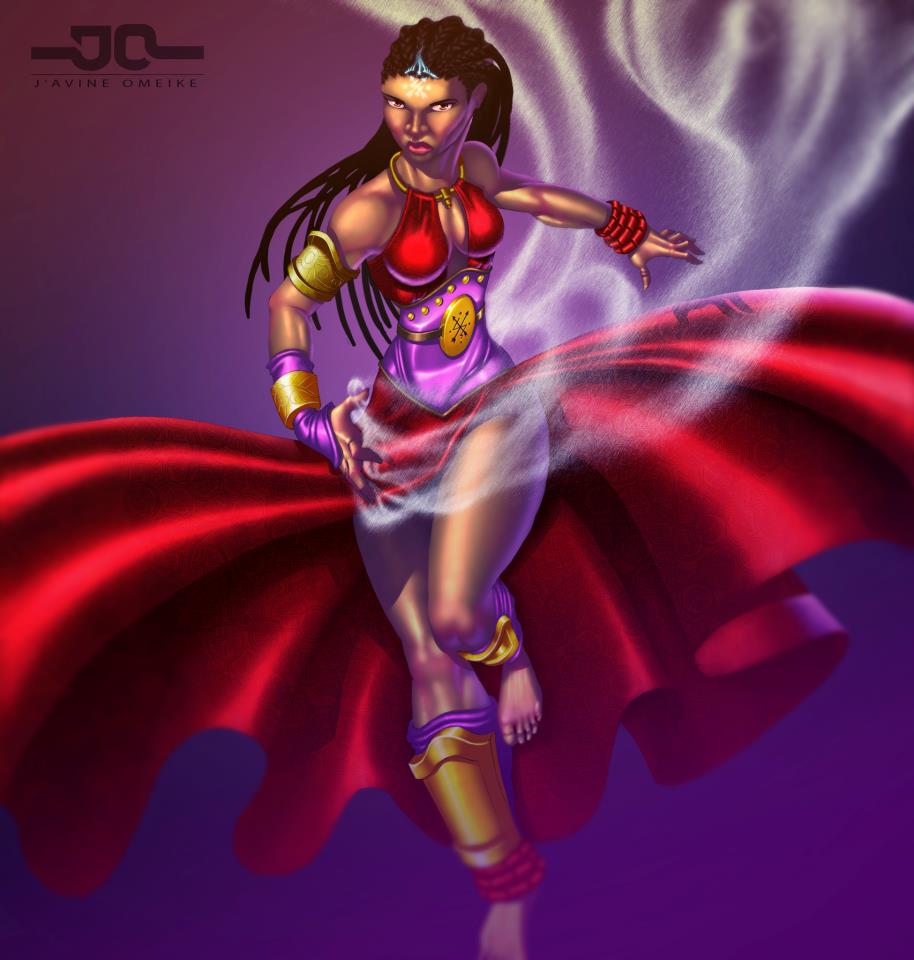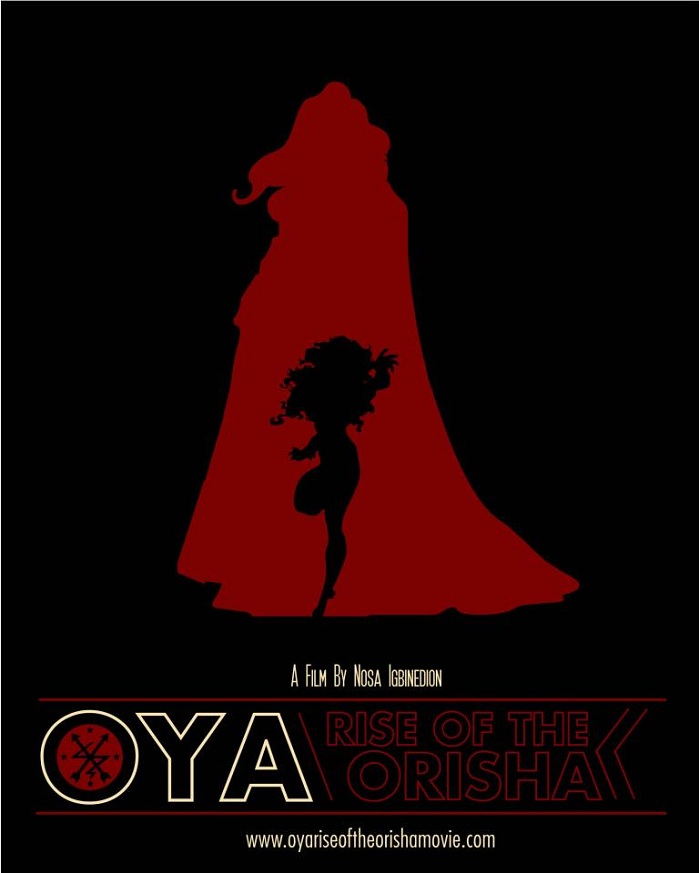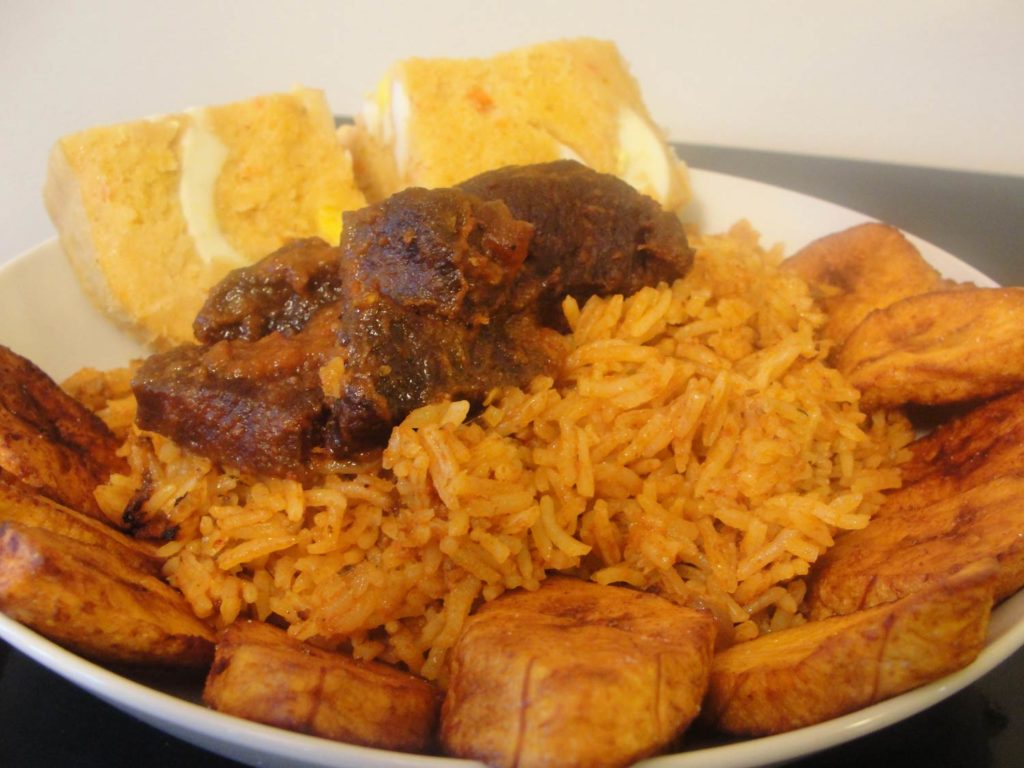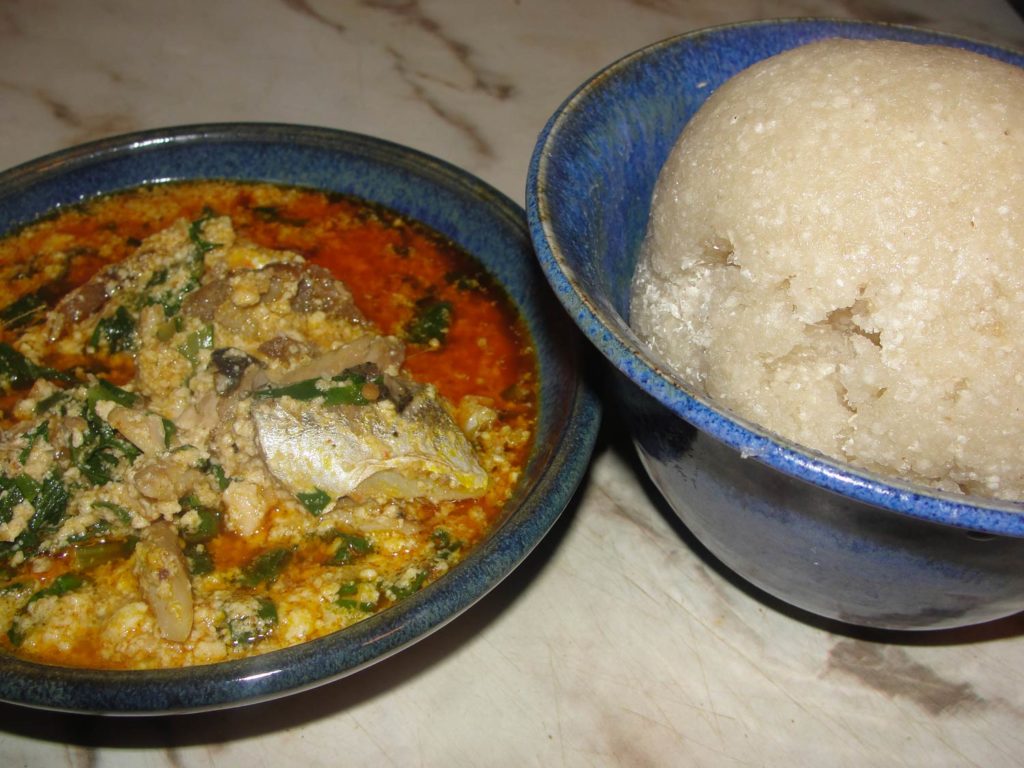It’s the middle of a working day, in the middle of the week, but the trickle of worshippers at the Synagogue Church of All Nations is quickly becoming a flood. Around 1 000 people sit silently on plastic chairs cooled by dozens of floor fans at the church – a building reminiscent of an aircraft hangar just off Accra’s industrial Spintex Road – watching its founder delivering a sermon on his own dedicated 24-hour TV channel, Emmanuel TV.
Temitope Balogun Joshua, popularly known as TB Joshua, founder of the Synagogue Church empire, is one of the biggest celebrities in West Africa. His regular Sunday services in Nigeria boasts attendance rates of around 15 000 and the Nigerian government has reported that the number of worshippers travelling to the church in Lagos have significantly boosted tourism to Nigeria.

But he is an increasingly controversial figure in Ghana, after a deadly stampede at the Synagogue Church last Sunday left four people dead and at least 30 injured.
The worshippers were hoping to obtain holy “new anointing water”, which Emmanuel TV had announced would be distributed for free. “The anointing water usually costs 80 cedis, but we learned that on Sunday it would be given out for free,” said Joseph Adanvor (52) who witnessed the fatal stampede. “I have never seen anything like it before. People had come from Togo, Benin, even from Kenya. They tried to close the church but people were climbing over the walls and breaking in. The police and army were there but they couldn’t control the crowds.”
The police, who are investigating the deaths, said that they had not anticipated the number of people who would attend the church, with worshippers arriving from as early as 2am. “All of us were caught by surprise,” police spokesperson Freeman Tetteh told the BBC world service. ” No one knew the crowd will be so huge.”
The church declined to comment to the Guardian but earlier announced that it would pay the medical expenses for those injured in the incident. Reverend Sam Mc-Caanan told journalists that the church was “devastated”. “We have to do a thorough work around this to make sure it doesn’t happen again,” he said.
The stampede came two weeks after Nigeria-based Joshua made a rare personal appearance in Ghana, prompting tens of thousands of people to travel to the 1 500 capacity church to catch a glimpse of the self-styled “prophet”. The event created a crisis for the security services, bringing large parts of the capital Accra to a standstill.
Joshua is one of the most prominent pastors in Africa with a growing number of followers around the world. The church has branches in London and Athens, as well as Accra, and Ghana’s late president John Atta Mills, who died last year, was a prominent follower, whilst a host of other public figures and celebrities claim to have been healed by the pastor. But he has attracted controversy for his significant wealth – with American magazine Forbes estimating that the pastor was worth up to $15-million, and for the sale of products including anointing water and car stickers to people hoping to free themselves from poverty.
“I personally believe there is a level of exploitation going on here, with churches selling things like anointing water and car stickers,” said Apostle Samuel Yaw Antwi, general secretary of the Ghana Charismatic and Pentecostal Council. “Jesus Christ never sold any of these things.”
Belief in the healing powers of pastors and special oils and waters which they claim to have blessed is widespread in Ghana, with products often sold for a profit. “I myself have bought the anointing water, and I have seen the miracles it performs,” said Adanvor. “My father was suffering from pain in his leg. When I sprayed the water, and after praying, the pain went away.”
“It’s like in Jesus’ time,” Adanvor added. “He did a lot of miracles so a lot of people followed him. Now we see that God can manifest again. When people come to the church, if they pray and they believe, they are healed.”

In addition to purchasing anointing water and other products, members of the church tithe by contributing 10% of their monthly income, and also give offerings at church services. However, worshippers say that the church is popular because it does not demand payment for healing – a practice common among other churches in the region.
“The problem we have in this country is the type of Christianity people are practising whereby, instead of seeking to know God through his work and a relationship with the holy spirit which is assured to every Christian, are running after signs of miracles,” said Antwi.
“People want instant solutions to their problems, just like they want instant coffee. If anybody comes along offering instant answers to financial or health challenges, people want to go for it. But the Bible warns Christians about that.”
Afua Hirsch for the Guardian Africa Network.
